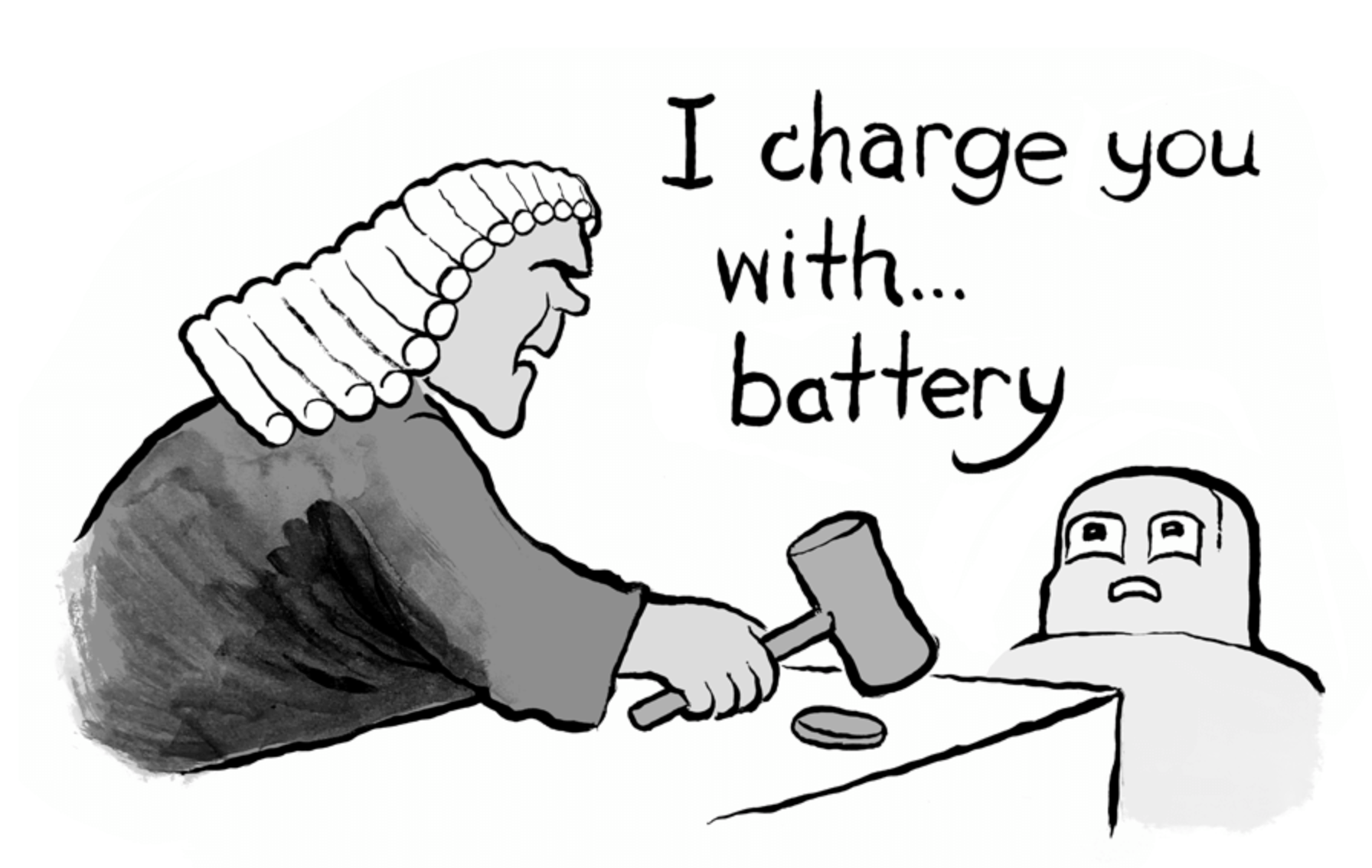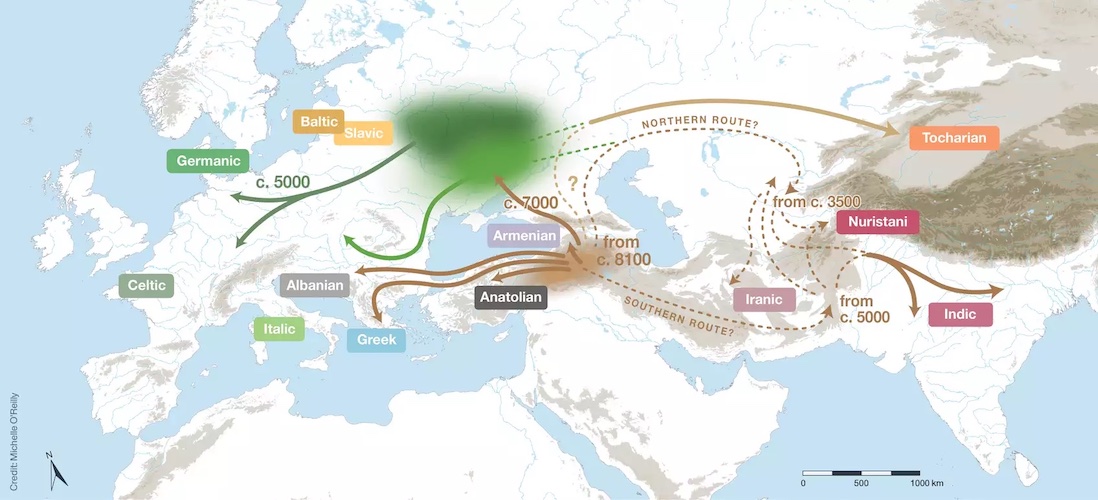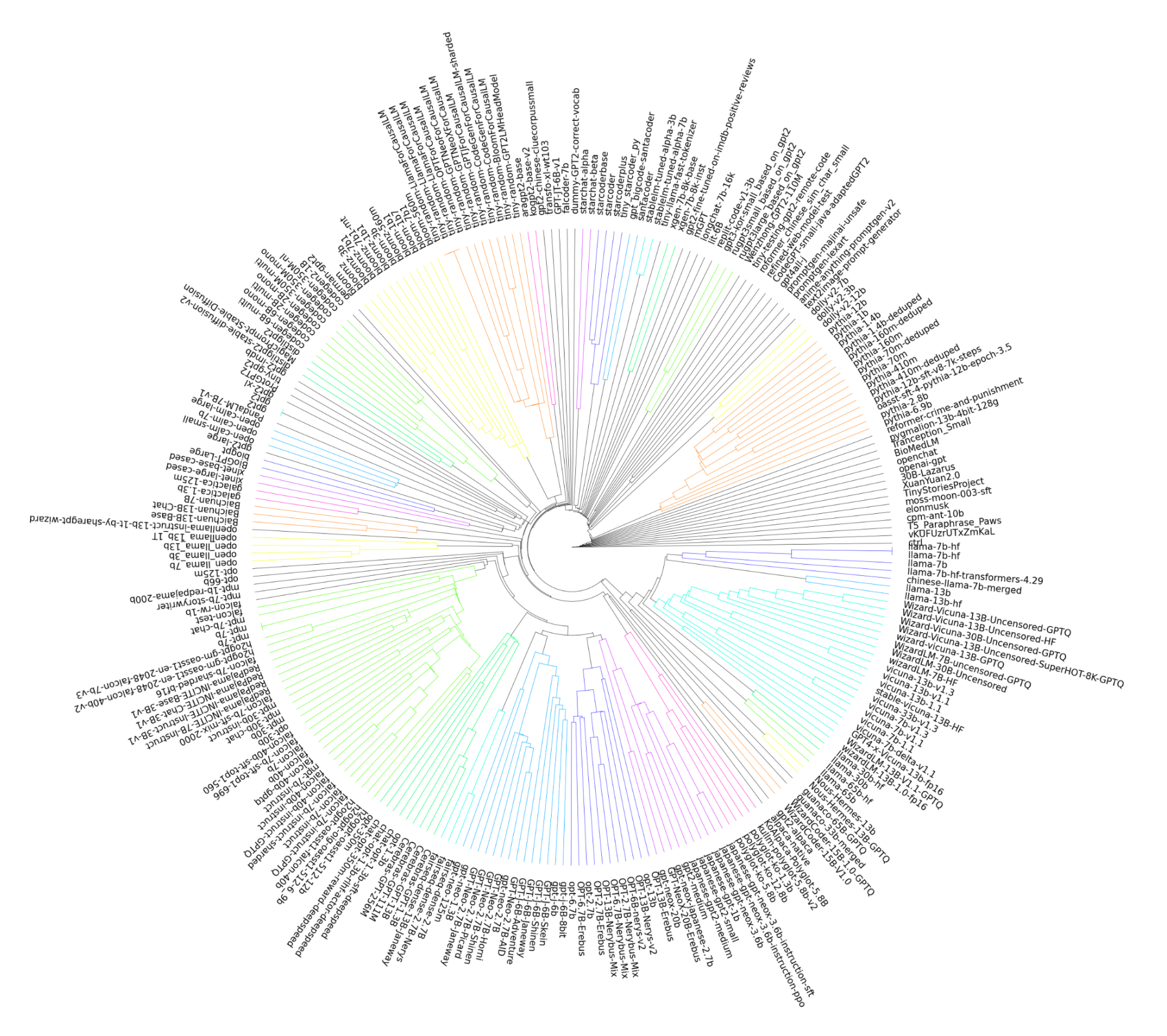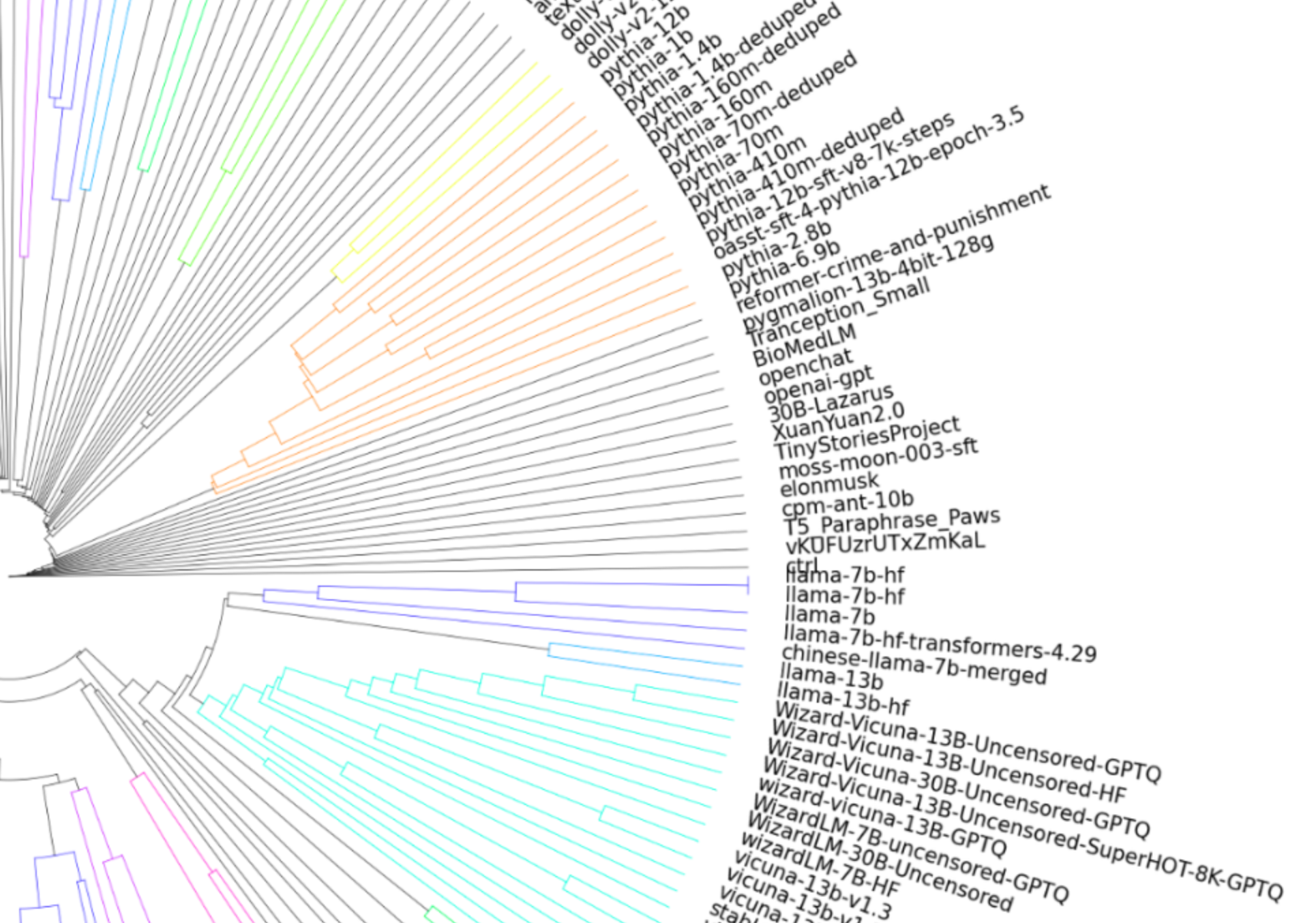Central Asian Kharosthi script on an ancient knife hilt found in Austria
Astonishing demonstration of East-West interaction during Roman times (with an equally mind-boggling demonstration of the occasional, yet horrendous [defying common sense], ineptitude of AI translation):
"Geheimnis um Messergriff aus dem römerzeitlichen Wels gelüftet"
Ein vor über 100 Jahren entdeckter Elfenbeingriff mit rätselhafter Inschrift aus dem antiken Ovilava gehörte wohl einst einem Besucher aus dem fernen Asien
—
"The mystery of the Roman period Wels knife handle revealed"
An ivory handle with a mysterious inscription from ancient Ovilava discovered more than 100 years ago probably once belonged to a visitor from distant Asia
Thomas Bergmayr, Der Standard (7/28/23)
Before presenting the remarkable findings reported in this important article, just a short prefatory note about the AI translation of the title. Three of the main online multilingual neural machine translation services (Google Translate, Baidu Fanyi, and DeepL) mistranslated "Wels" (the eighth largest city in Austria [ancient Ovilava]) as "catfish" (only Bing Translator got it right). Given the object that we're dealing with, that is a genuinely bizarre rendering of the word, especially since the material of the handle is identified as ivory and the artifact as coming from Ovilaval in the subtitle. (It is all the more perplexing that three of the four services are consistent in making the same strange mistake [well, not so strange after all, since "wels" really does mean catfish in German].) Fortunately, the machine translators do a better job in the body of the article, where there is more context.
For the purposes of the rough translation of the German article, I have relied mainly on GT, with occasional assistance from the other translation services, and some good old human input from my own brain. Please bear in mind that the translations proffered below do not pretend to be polished, flawless English renderings of parts of the German article, but only to give a functionally useful idea of its content.
N.B.: Two photographs of the knife handle are provided near the bottom of this post.
Read the rest of this entry »




